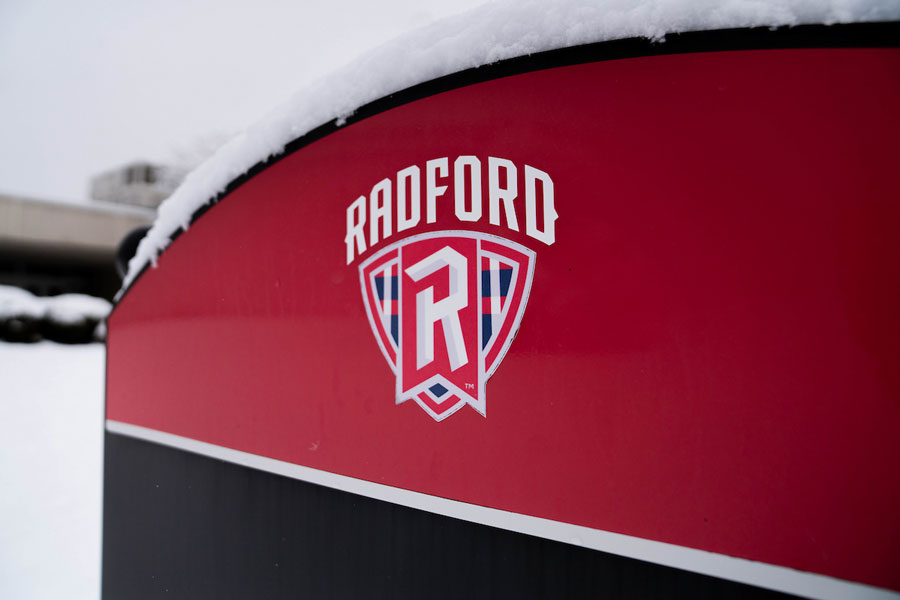Radford University
Radford News
Latest News
-
Radford students preparing for spring break trip to explore, research national parks in western U.S.
February 25, 2026
A group of Radford students are getting a unique opportunity to explore and conduct research at national parks.
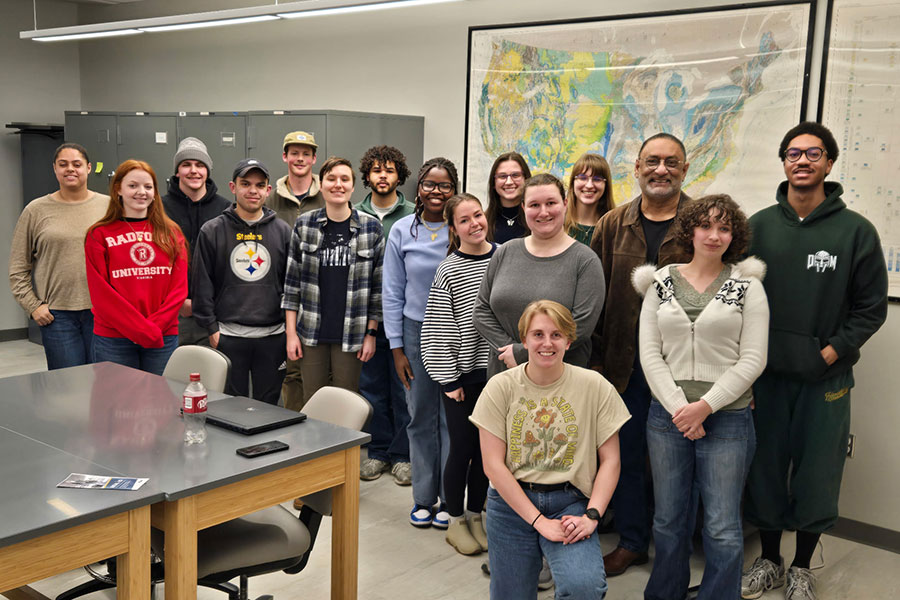
-
Radford University helps address Virginia’s teacher shortage through targeted licensure support
February 20, 2026
Radford University launched a targeted scholarship initiative to support provisionally licensed teachers in completing their licensure requirements.

-
Advocacy Day connects students with Virginia lawmakers
February 20, 2026
Radford University students spent Feb. 3-4 at the Capitol in Richmond, Virginia, for the university’s annual Advocacy Day.
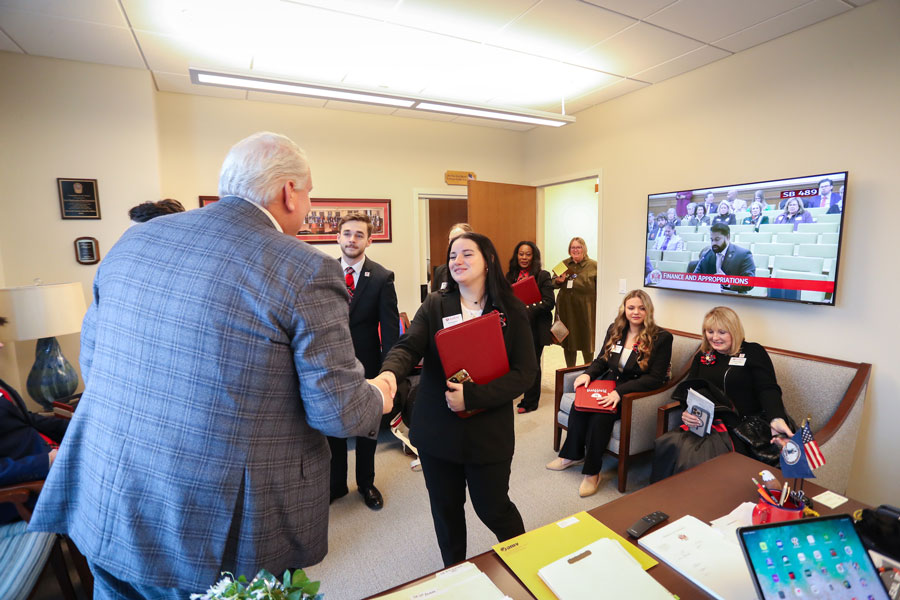
-
Highlanders in the News: Week of Feb. 16, 2026
February 20, 2026
Matthew Bagley ’15 – aka musician Alexander Mack – enjoys a brush with Grammy glory; veteran seafarer Erica Custis ’99 gets props from Marine Log magazine; and journalist Marty Smith ’98 reflects on his past with the Post.
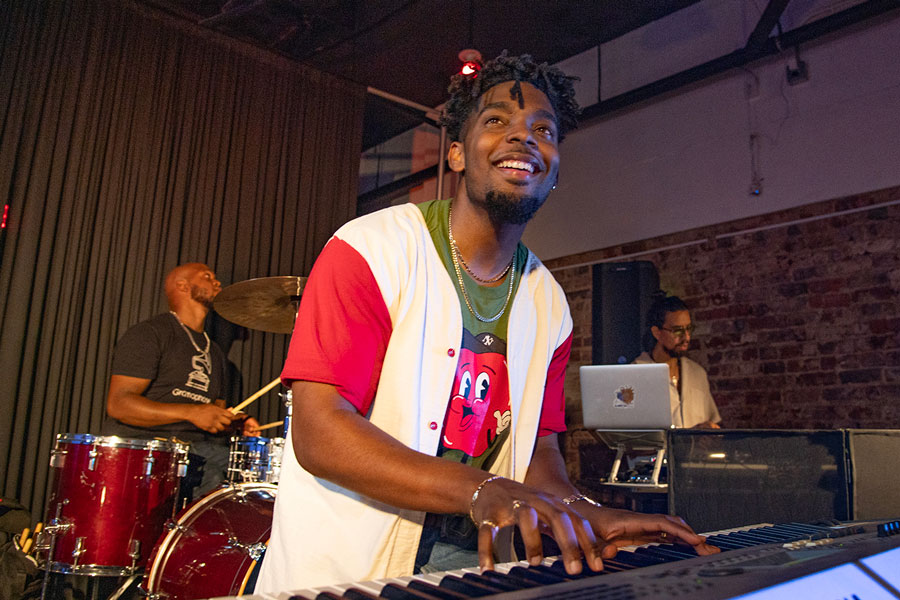
-
Jobs for Virginia Graduates event gives college careers some ignition
February 19, 2026
Held Feb. 12 at Kyle Hall, the statewide JVG Ignite competition – designed to demonstrate innovation, knowledge and preparation – saw five students receive $1,000 each in Radford University scholarship funds.
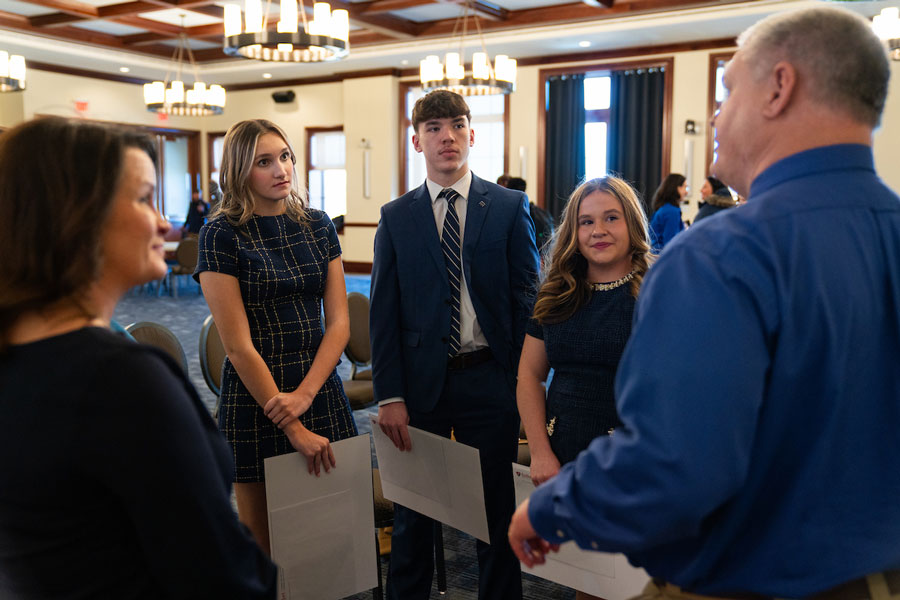
-
Radford University Board of Visitors will consider tuition and mandatory fees for the 2025-2026 academic year at its next quarterly meeting.
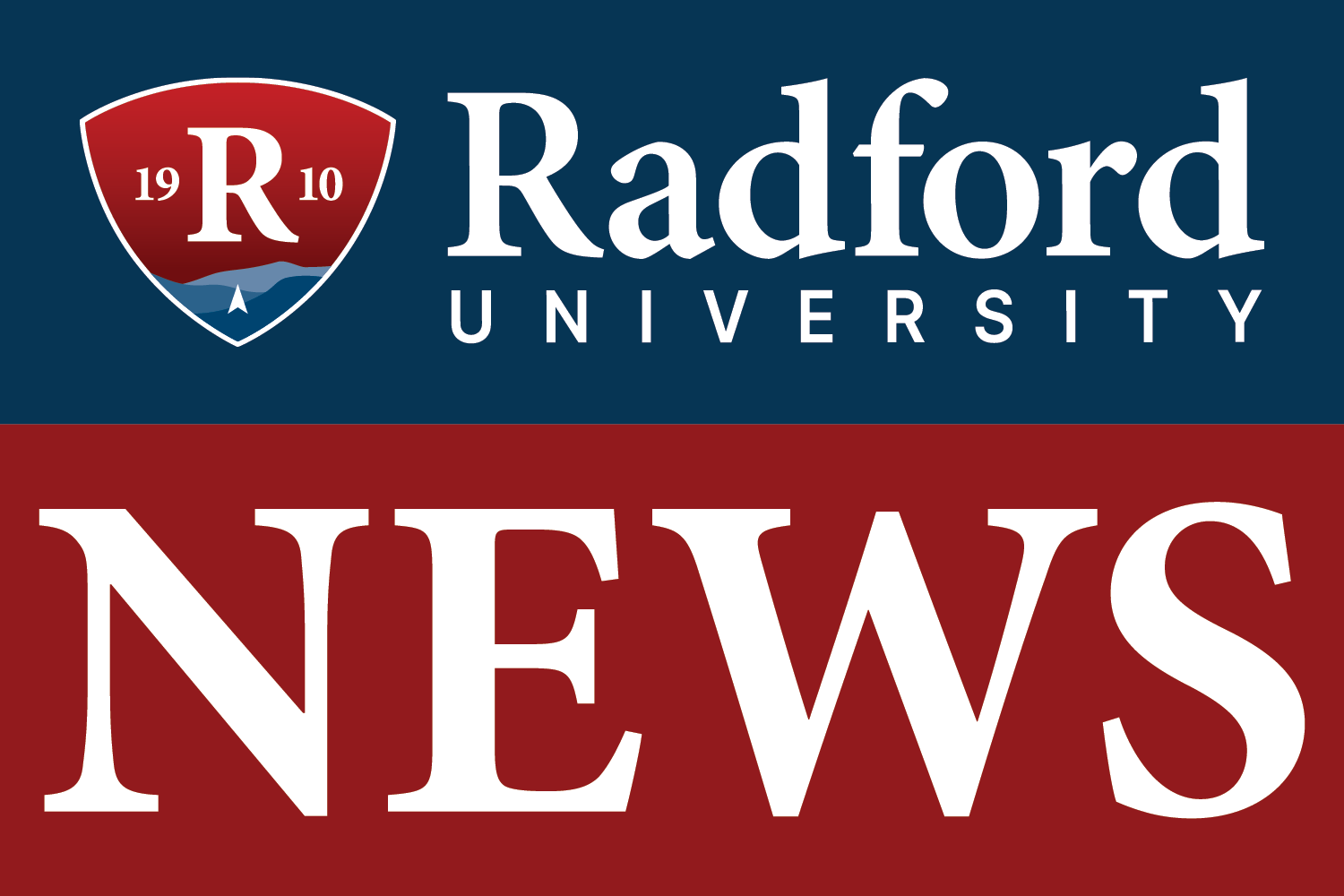
-
Highlander Highlights: Week of Feb. 9, 2026
February 13, 2026
Highlander Highlights shares with readers some of the extraordinary research and accomplishments happening on and off campus through the tireless work and curiosity of our students, staff, alumni and faculty.
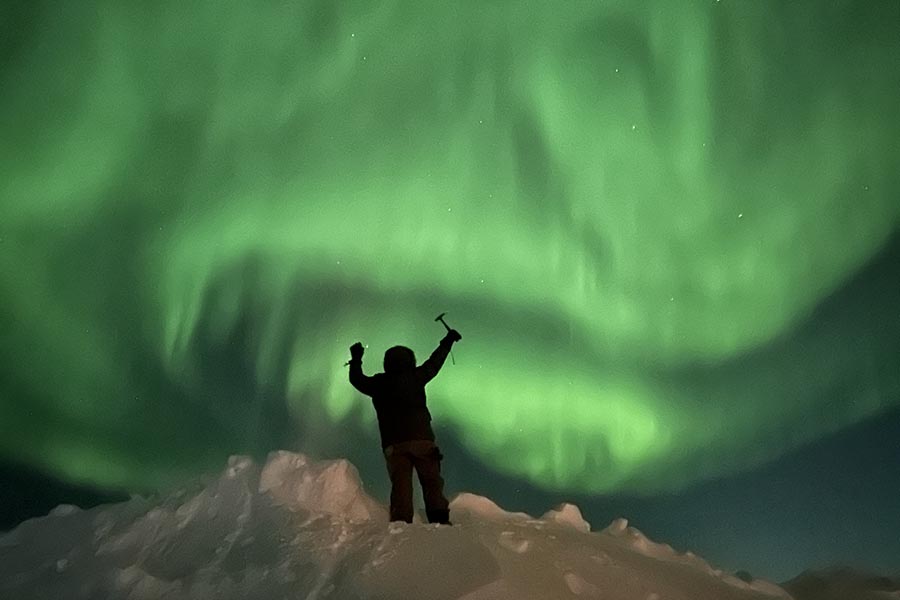
-
Highlanders in the News: Week of Feb. 2, 2026
February 6, 2026
Radio IQ drops in on an arresting art installation at the Radford University Art Museum; Courtney Ballantine ’00 is Georgetown University Police Department’s new chief; and on the eve of her debut novel, Cassie Miller ’07 is named one of Publishers Weekly’s ‘Writers to Watch.’
